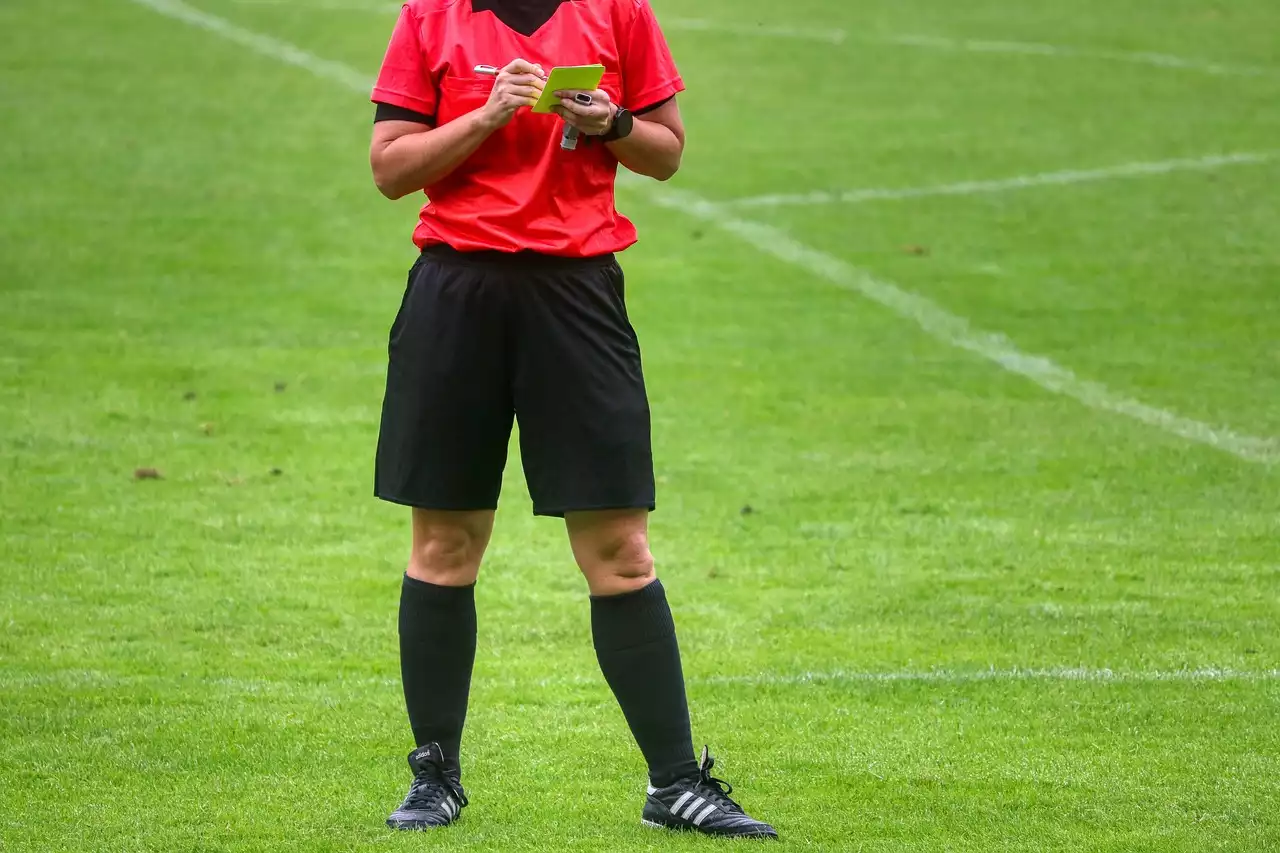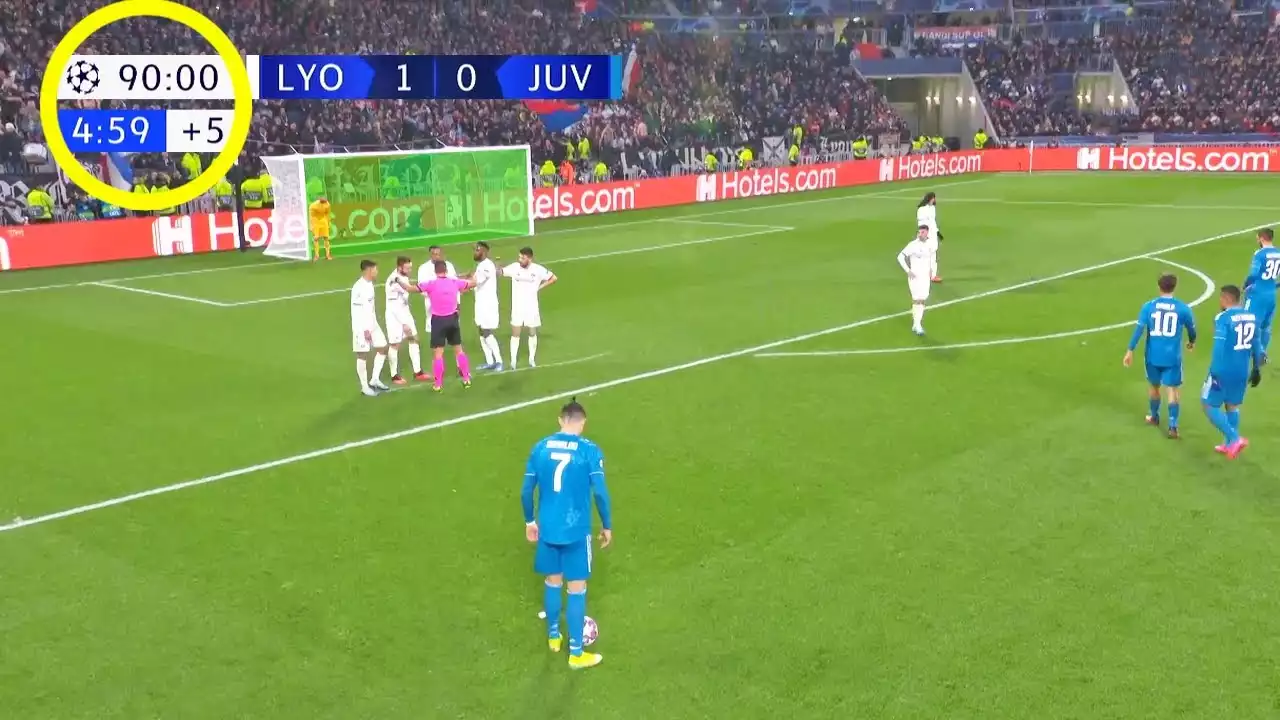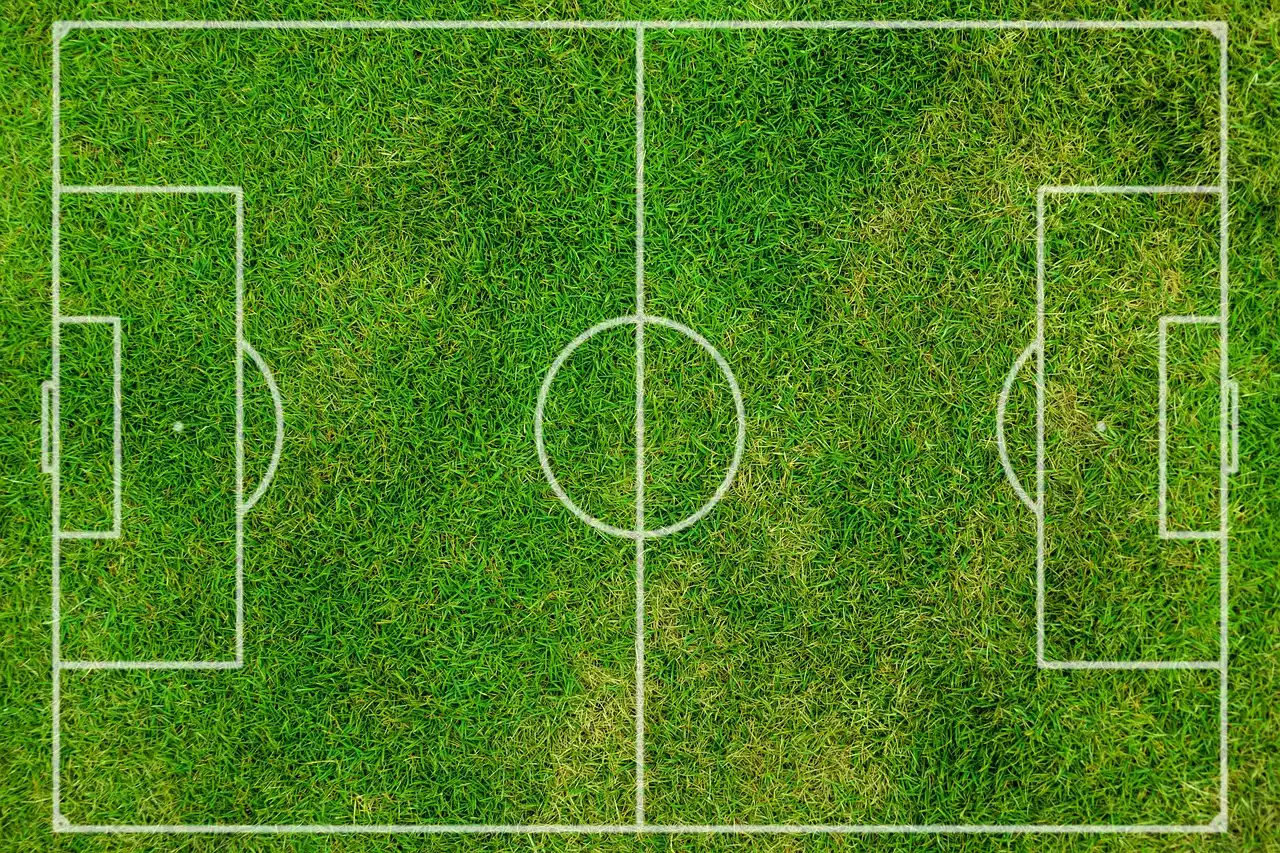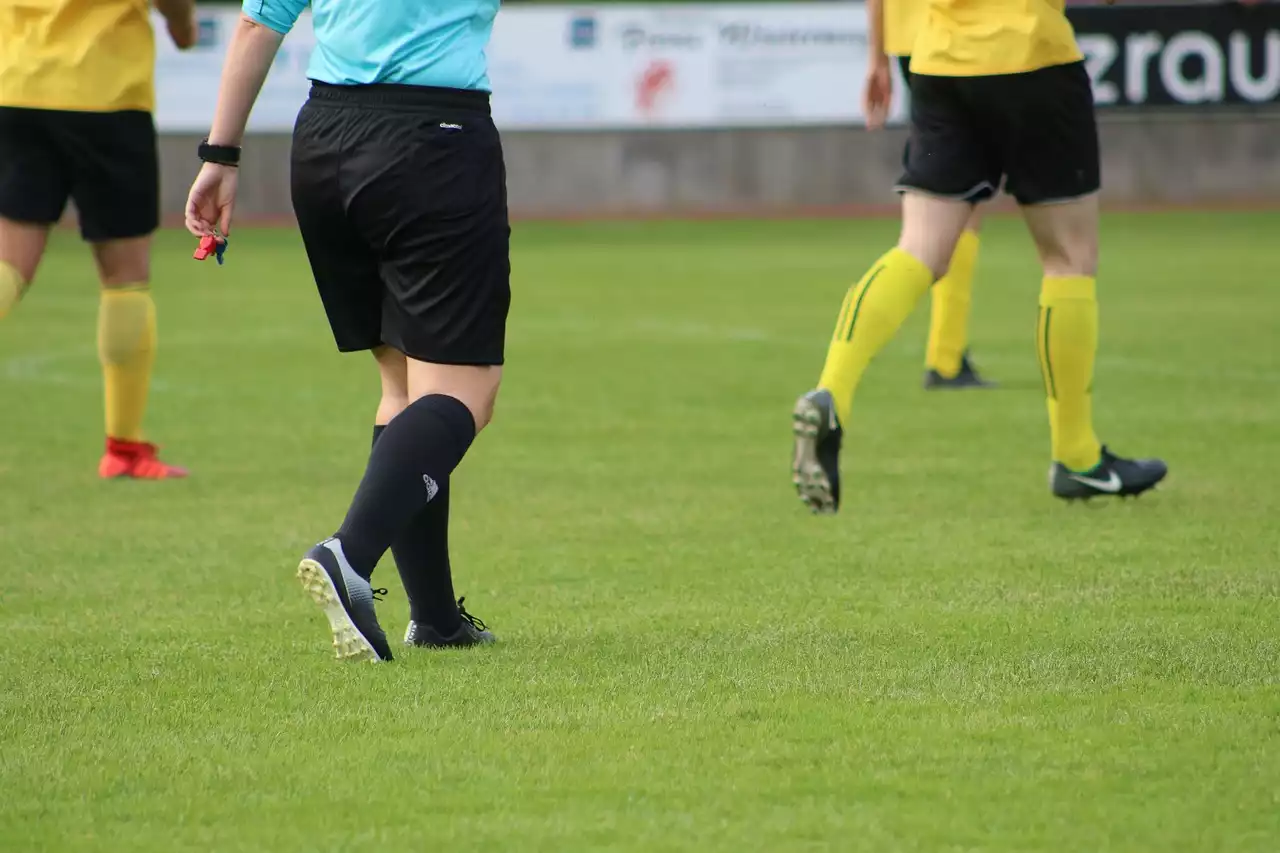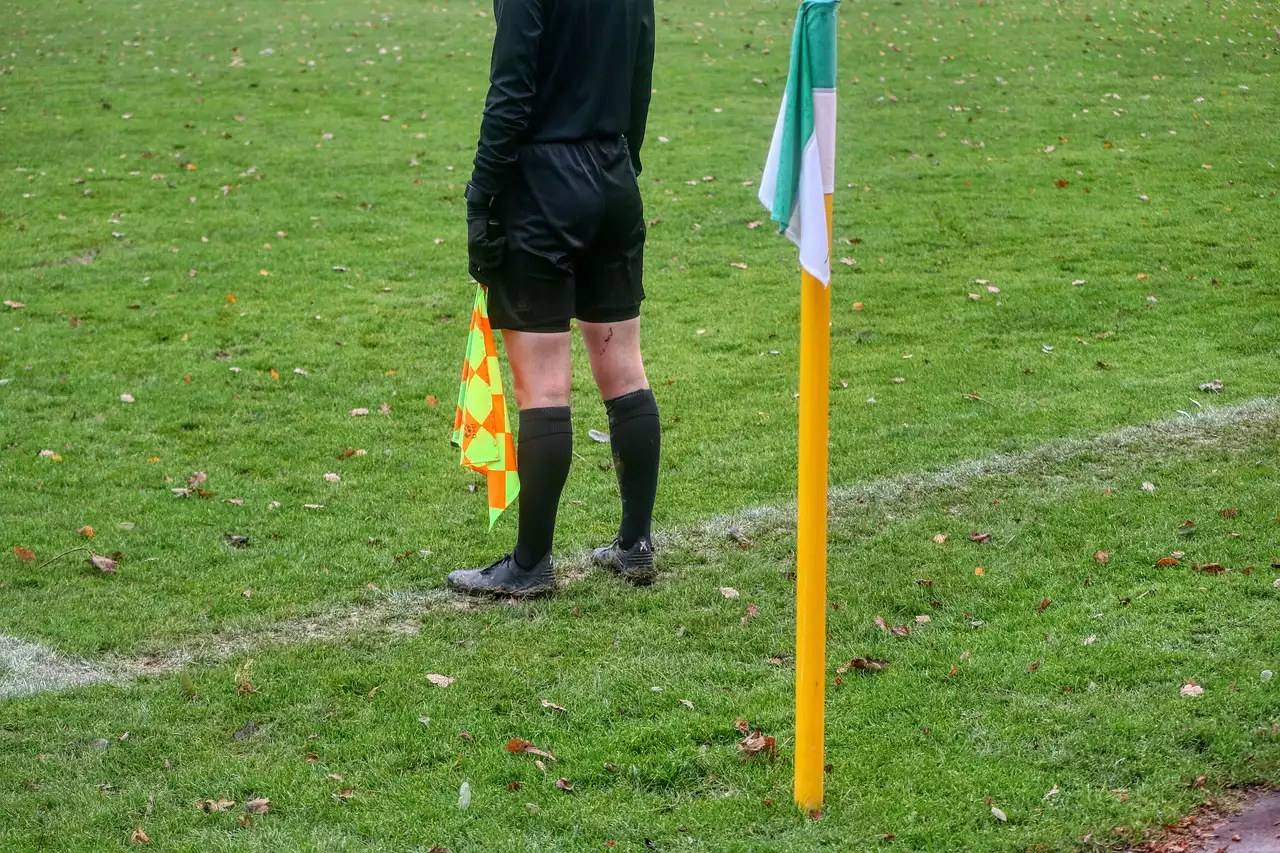Football Rules - Red and Yellow Cards
What are Red and Yellow Cards?
Red and yellow cards are a form of punishment used by referees to maintain order and safety on the field. Red cards are a sign of immediate ejection from the game, while yellow cards are a warning of a potential ejection. The cards are used to caution players of their behavior, and if a player receives two yellow cards, they are automatically issued a red card and ejected from the game. Red cards are also issued for serious fouls, such as attacking another player, and for unsportsmanlike conduct.
What are the Consequences of Red and Yellow Cards?
The consequences of receiving a red or yellow card depend on the league and the severity of the infraction. Generally speaking, a red card results in a player’s immediate ejection from the game and can lead to a suspension for the next game, depending on the severity of the offense. Yellow cards are a warning of a potential ejection, and if a player receives two, they will be automatically issued a red card and ejected from the game.
When are Red and Yellow Cards Issued?
Red and yellow cards are usually issued during the game by the referee when they observe a player committing a foul or engaging in unsportsmanlike conduct. The referee will usually blow their whistle and show the player the appropriate card. In some cases, the referee may consult with their assistant referees to ensure the correct decision is made.
How Should Players Respond to Red and Yellow Cards?
Players should always respond to red and yellow cards with respect and abide by the referee’s decisions. Players should remain courteous and not argue with the referee or their decisions. It is important to respect the referee’s authority and follow the rules of the game. Arguing with the referee or attempting to dispute the decision can result in further punishment and may lead to a red card.
What is the Referee’s Role in Issuing Red and Yellow Cards?
The referee’s role in issuing red and yellow cards is to maintain order and safety on the field. The referee is responsible for ensuring that the rules of the game are being followed and that no players are engaging in unsportsmanlike conduct or committing serious fouls. The referee has the authority to issue red and yellow cards to players who are breaking the rules or engaging in dangerous or unsportsmanlike behavior.
What Rules Must Players Follow to Avoid Getting Red and Yellow Cards?
Players must always abide by the rules of the game and respectfully conduct themselves. Players should be aware of the rules of the game and the consequences of breaking them. Players should also avoid engaging in dangerous play and should always respect the referee’s authority and decisions.
What are the Penalties for Receiving Red and Yellow Cards?
The penalties for receiving a red or yellow card depend on the league and the severity of the offense. Generally speaking, a red card results in a player’s immediate ejection from the game and can lead to a suspension for the next game, depending on the severity of the offense. Yellow cards are a warning of a potential ejection, and if a player receives two, they will be automatically issued a red card and ejected from the game.
What are the Benefits of Using Red and Yellow Cards?
Red and yellow cards are useful tools for referees to maintain order and safety on the field. The cards can be used to caution players of their behavior before it escalates to more serious offenses. Red and yellow cards can also be used as a deterrent for players who are considering engaging in dangerous or unsportsmanlike behavior.
Examples of Red and Yellow Card Rules in Different Leagues
The rules for red and yellow cards vary from league to league. In the English Premier League, players who receive a red card are automatically suspended for three games, while those who receive two yellow cards in a single game are also automatically suspended for one game. In La Liga, players who receive a red card are automatically suspended for one game, while those who receive a second yellow card in the same game are automatically suspended for two games.
